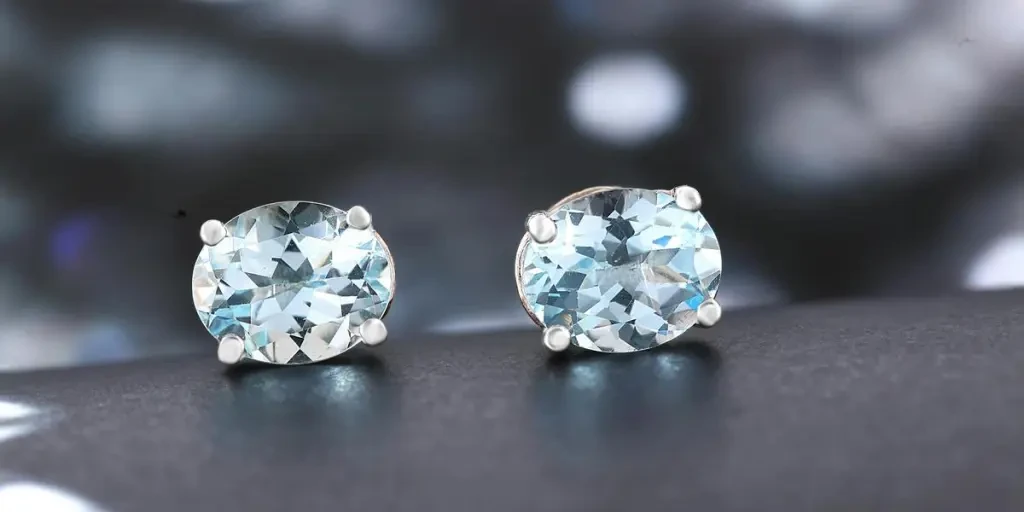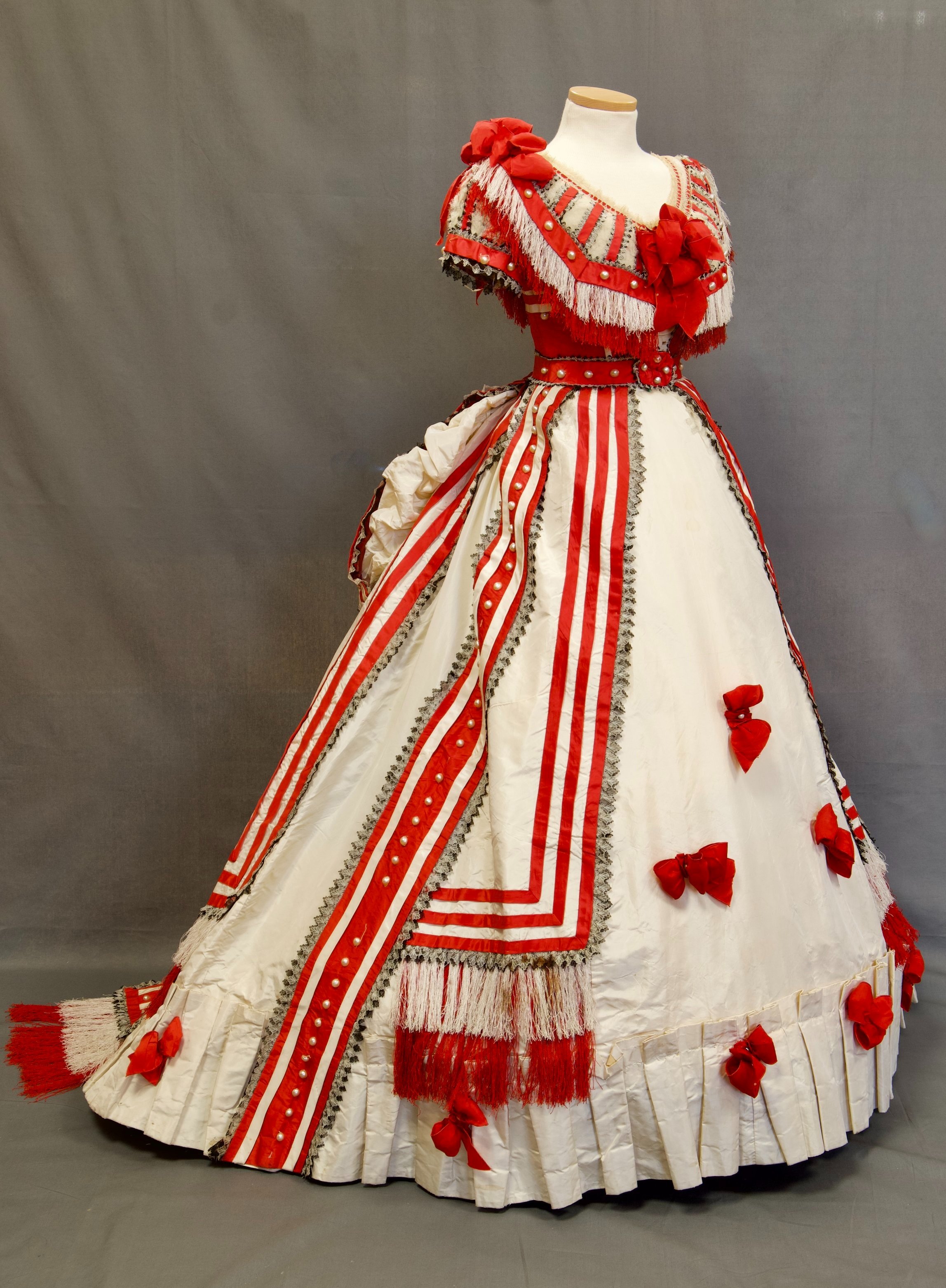Gilded Age Fashion: A Stroll Through Extravagance
Introduction
The Gilded Age, an era spanning the late 19th century, was characterized by unprecedented economic growth and stark social contrasts. As industries flourished, a wealthy elite emerged, shaping a unique cultural landscape that extended to the world of fashion.
Historical Context
Against the backdrop of industrialization, the Gilded Age witnessed a surge in opulence. The societal divide between the affluent and the working class set the stage for extravagant displays of wealth, including the realm of fashion.
Women’s Fashion
In the world of women’s https://fashionsblog.co.uk/, the Gilded Age embraced Victorian influences, with elaborate corsets and bustles defining the silhouette. Day dresses evolved into evening gowns, reflecting the social occasions that demanded specific attire.
Men’s Fashion
For men, tailored suits became the norm, reflecting the emphasis on formality and societal expectations. The Gilded Age marked a period where a gentleman’s attire was scrutinized as a symbol of status and refinement.
Accessories
Accessories during this era were anything but subtle. Extravagant jewelry and elaborate hats became essential elements of high-society fashion, adding a touch of flair to already luxurious ensembles.
Fabrics and Textures
Luxurious fabrics such as silk and velvet were the staples of Gilded Age fashion. The use of textures played a crucial role in creating visually appealing and sophisticated outfits.
The Role of Designers
Notable fashion designers emerged during this time, catering to the whims of the elite. Their creations were not just garments; they were statements of wealth and status.
Gilded Age Fashion Icons
Certain individuals became synonymous with Gilded Age fashion, influencing trends and shaping the tastes of high society. These icons paved the way for a new era of fashion-forward thinking.
Fashion and Social Status
In the Gilded Age, clothing became a visual marker of social standing. The stark contrast between the lavish outfits of the elite and the simpler attire of the working class highlighted the economic disparities of the time.
Gilded Age Fashion in the Arts
Art and literature of the Gilded Age often depicted the opulence of fashion. The cultural representations of beauty were intertwined with the extravagant styles of the era.
Technological Innovations in Fashion
The advent of sewing machines revolutionized the fashion industry during this period, enabling mass production and making stylish clothing more accessible to a broader audience.
Decline of Gilded Age Fashion
As societal values shifted, the extravagant fashion of the Gilded Age saw a decline. Economic recessions and changing tastes led to a more understated approach to clothing.
Legacy of Gilded Age Fashion
Despite its decline, Gilded Age fashion left an indelible mark on the world of style. Elements of this extravagant era continue to influence modern fashion, creating a bridge between the past and present.
Adapting Gilded Age Fashion Today
In contemporary fashion, designers draw inspiration from the Gilded Age. From corset-inspired dresses to tailored suits, elements of this era persist, showcasing the enduring appeal of Gilded Age fashion.
Conclusion
The Gilded Age may have faded into history, but its impact on fashion resonates even today. The extravagant styles of this era, once exclusive to the elite, have become a source of inspiration for designers worldwide, perpetuating a legacy of opulence and refinement.
FAQs
- How did Gilded Age fashion reflect social status?
- Gilded Age fashion was a visual indicator of one’s social standing, with the elite showcasing their wealth through extravagant clothing.
- Who were some iconic figures in Gilded Age fashion?
- Individuals like Edith Wharton and Charles Worth became iconic figures, influencing and shaping Gilded Age fashion.
- What role did technology play in shaping Gilded Age fashion?
- Technological innovations, such as sewing machines, revolutionized the fashion industry, enabling mass production and accessibility.
- How has Gilded Age fashion influenced contemporary styles?
- Modern fashion often incorporates elements of Gilded Age fashion, with designers drawing inspiration from the opulence and sophistication of that era.
- Why did Gilded Age fashion decline?
- Shifting societal values, economic downturns, and changing tastes contributed to the decline of the extravagant fashion seen during the Gilded Age.








